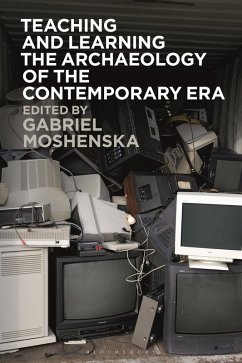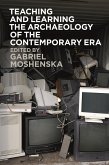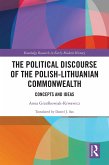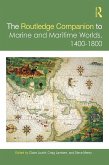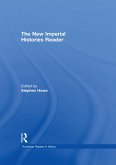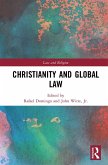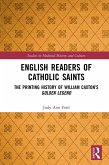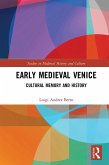The tools and techniques of archaeology were designed for the study of past people and societies, but for more than a century a growing number of archaeologists have turned these same tools to the study of the modern world. This book offers an overview of these pioneering practices through a specifically pedagogical lens, fostering an appreciation of the diversity and distinctiveness of contemporary archaeology and providing an evidence base for course proposals and curriculum design.
Although research in the field is well established and vibrant, making critical contributions to wider debates around issues such as homelessness, migration and the refugee crisis, and legacies of war and conflict, the teaching of contemporary archaeology in universities has until recently been relatively limited in comparison. This selection of carefully curated case studies from as far afield as Orkney, Iran and the USA is intended as a resource and an inspiration for both teachers and students, presenting a set of tools and practices to borrow, modify and apply in new contexts. It demonstrates how interdisciplinarity, practical work and radical pedagogies are of value not only for archaeology, but also for fields such as history, geography and anthropology, and suggests new ways in which we can examine our 20th- and 21st-century existence and shape our collective future.
Although research in the field is well established and vibrant, making critical contributions to wider debates around issues such as homelessness, migration and the refugee crisis, and legacies of war and conflict, the teaching of contemporary archaeology in universities has until recently been relatively limited in comparison. This selection of carefully curated case studies from as far afield as Orkney, Iran and the USA is intended as a resource and an inspiration for both teachers and students, presenting a set of tools and practices to borrow, modify and apply in new contexts. It demonstrates how interdisciplinarity, practical work and radical pedagogies are of value not only for archaeology, but also for fields such as history, geography and anthropology, and suggests new ways in which we can examine our 20th- and 21st-century existence and shape our collective future.

